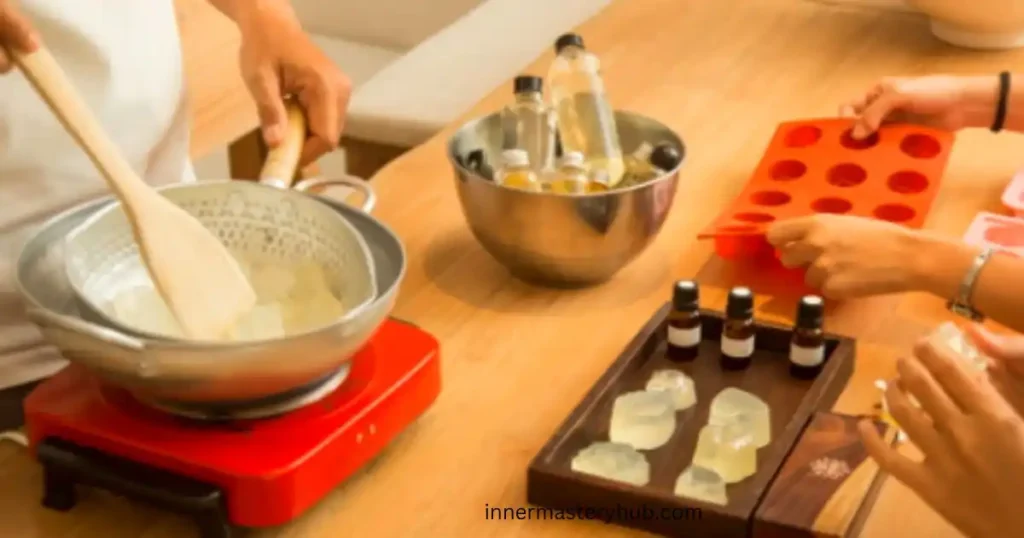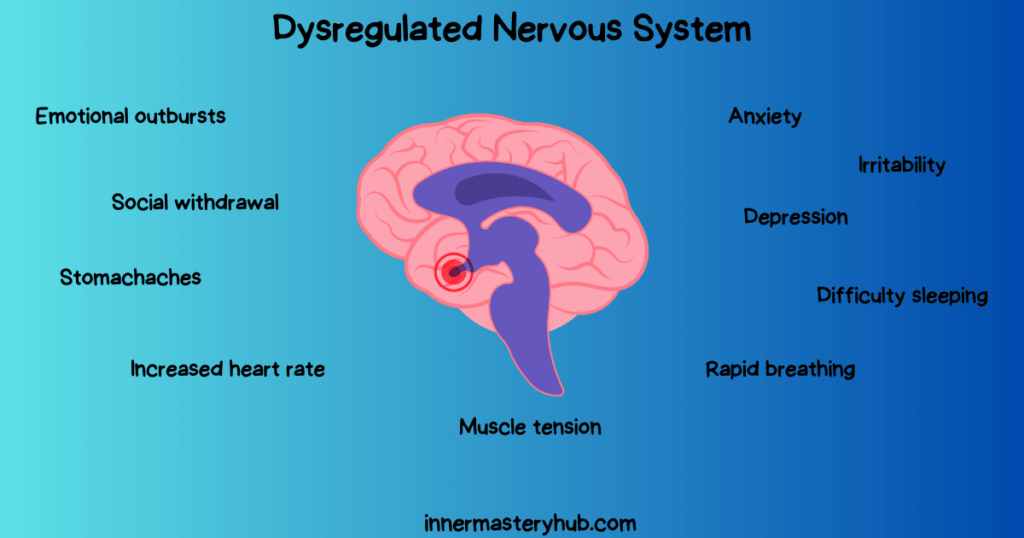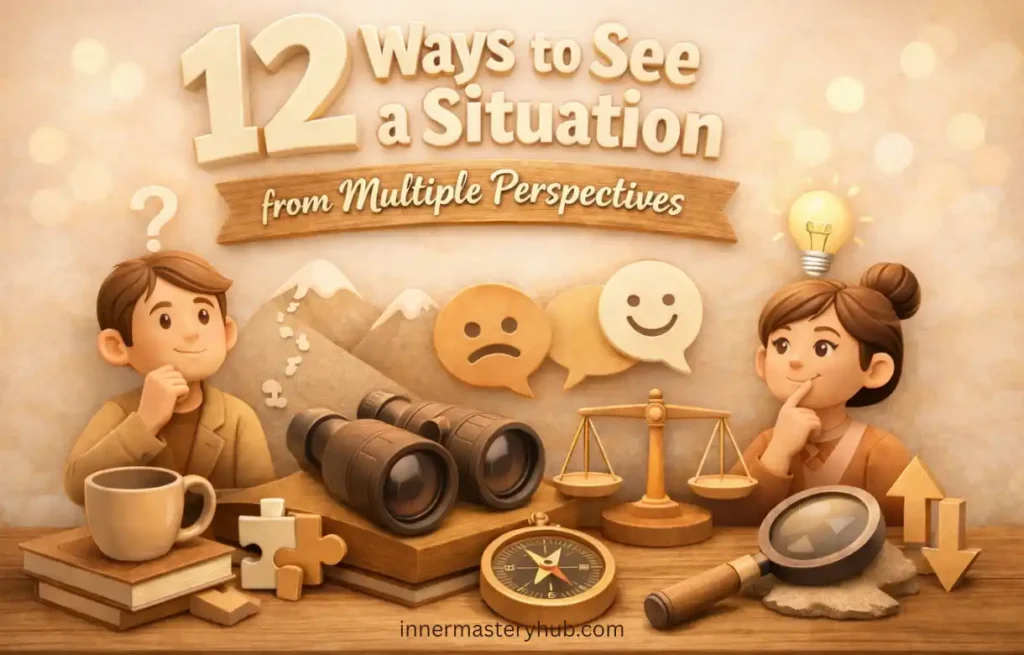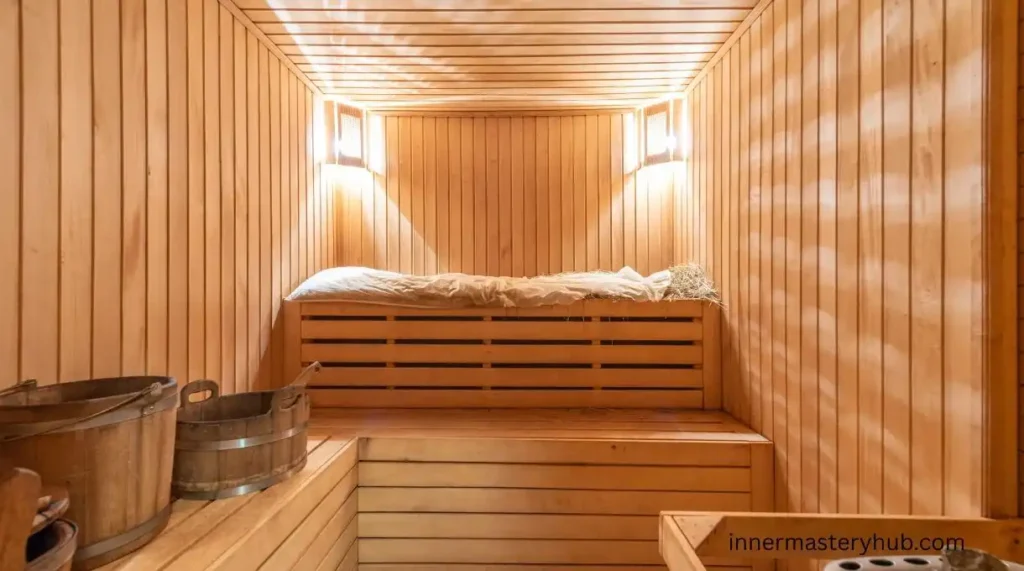“I hate my body”: 8 Ways to Neutralize The Social Media Impact
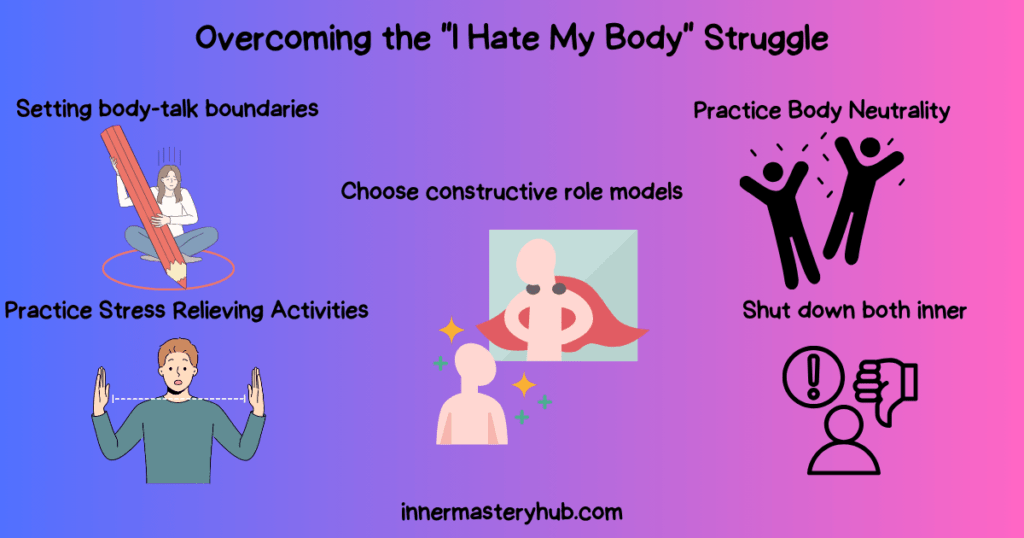
When it comes to their body, a lot of people feel uncomfortable and self-conscious. If you’ve ever thought, “I hate my body,” you’re not the only one. Regardless of age, gender, or ethnic background, millions of people are affected by this mentality. Deep discontent might result from the pressure to meet specific physical ideals and society’s standards of beauty set by social media, mainly. But even more important is, how can this mental conflict be resolved? Why do you hate your body image? Let’s find the answer.
Why Do I Hate My Body?
It takes more than merely disliking particular physical characteristics when you hate your body. It’s a complicated emotional battle with many potential causes. The fundamental cause of body dissatisfaction is a mismatch between how we currently look and what society considers to be beautiful. A National Eating Disorders Association (NEDA) research found that 70% of women are unhappy with their bodies. While being underreported, 50% of males struggle with body image.
There are several factors that contribute to body dissatisfaction. For example, the “ideal” physique is frequently exaggeratedly portrayed in the media. A limited diversity of body types is featured on platforms such as Instagram, movies, and ads, which push an idea of beauty that is neither reflective of various communities nor accessible to all. Furthermore, the pressure to live up to these idealized norms has increased with the emergence of social media. Online comparison and feelings of inadequacy may be triggered by a single image.
Another important element that contributes to the sensation of body contempt is Body Dysmorphic Disorder (BDD). This disorder is characterized by an obsession with perceived physical defects that may not even be apparent to others. Nearly 1 in 50 people have BDD, according to studies from the American Psychiatric Association, which causes them to take drastic steps to change their look, such as having too much plastic surgery and lip fillers.
Being bullied for physical characteristics as a youngster can also cause body hatred in some people, leaving emotional scars that last into adulthood. Deep-seated body dissatisfaction can also be worsened by trauma, abuse, or social stigma around race, weight, or physical attractiveness.
When You Hate Your Body, Why Does It Hurt So Much?
After showing that many people experience body dissatisfaction, we can discuss its emotional impact. Someone who says, “I hate my body,” means it. It often begs for help. Feeling this way is lonely and painful. So why is it painful?
People who dislike their bodies have low self-esteem. Body dissatisfaction decreases self-esteem. When someone feels disconnected from their true appearance, it could impact their self-worth beyond appearance. The struggle to accept oneself results in constant self-criticism. Body hatred can exacerbate mental health difficulties. Body image difficulties cause anxiety and despair. A 2020 “Journal of Social and Clinical Psychology” study found that people with negative body image were more likely to have depression, anxiety, and eating disorders.
With the rise of social media influencers and fitness models, pressure to achieve standards is overwhelming. Constant exposure to “perfect” photos can cause inferiority and anxiety. This creates unhealthy comparisons and body loathing. Extreme body loathing might cause harmful behavior. In pursuit of the “ideal” body, some people can indulge in disordered eating, overexercising, or unsafe cosmetic surgeries. These activities can harm mental and physical health.
How to Accept Your Body and Find Peace
If you find yourself saying, “I hate my body,” there is hope. Overcoming body dissatisfaction is possible, and with the right tools and mindset, you can transform how you feel about yourself. Here are some strategies that can help:
1. Challenge Negative Thoughts
When you hate your body, recognize the negative beliefs that fuel it. Challenge your negative thoughts about your appearance. Ask yourself, “Why do I feel this way?” or “Are these thoughts based on facts or societal standards?” Identifying negative thought patterns helps you reframe them as realistic, caring perspectives.
Avoid expressing “I hate my thighs,” instead adding “My thighs are strong, and they allow me to walk and move every day.” Small mental shifts can have a big influence over time.
2. Working on your triggers
Low self-esteem can trigger body dissatisfaction, which can lead to intense emotional reactions to insignificant things. These triggers bring up long-standing anxieties and self-doubts. Unflattering photographs, passing remarks, or looks in the mirror could cause someone to feel more vulnerable by triggering perceived flaws.
The emotional reaction is strong, from irritation and despair to anxiety and self-consciousness. Self-criticism and feelings of inferiority are fueled by triggers. Daily life is a delicate balance of avoiding triggers and managing their emotional impacts.
3. Choose constructive role models
Find role models who value personal growth and resiliency. These could be social justice advocates, strong athletes, or creatives. Discover real role models. Find people openly sharing their struggles and triumphs to show that everyone is flawed. Their vulnerability and journey inspire you.
Search beyond attractiveness for role models. Respect physical, talent, and racial diversity. Following others who violate stereotypes to broaden your beauty standards and inspire you to be yourself.
Role models should inspire, not intimidate. Don’t force yourself to follow others’ perspectives. Value learning from role models’ qualities and accomplishments over their physical appearance. Your path is unique and valuable. Role models can help you find your passions and overcome self-doubts like “I hate my body.”
4. Consider different perspectives
The uniqueness of our DNA is shown when we take into account our genetics, such as inheriting features from our parents. It can be freeing enough to appreciate your body if you accept this individuality and realize that physical characteristics vary depending on environmental influences and cultural expectations. It suggests valuing innate qualities above extrinsic factors.
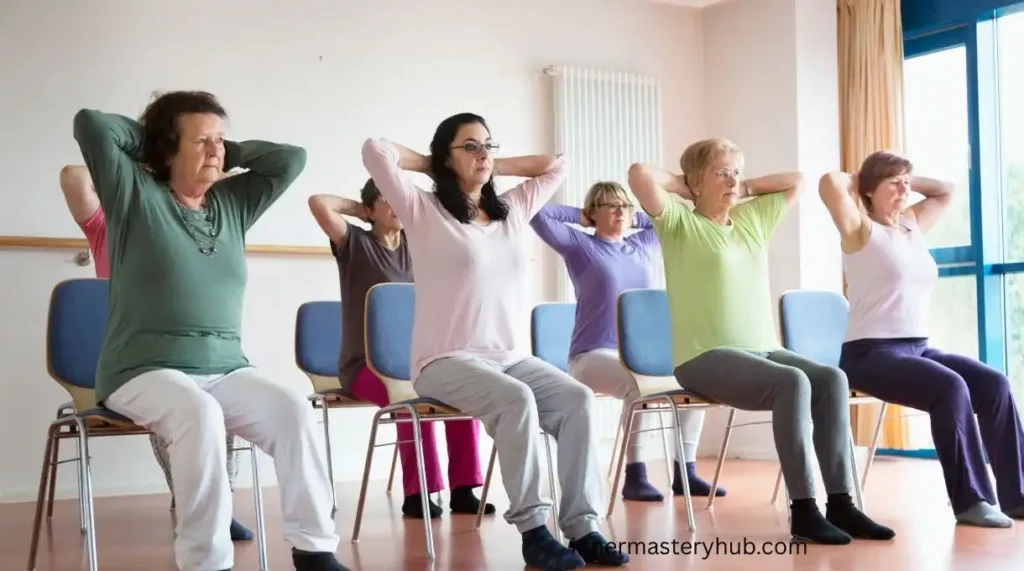
5. Nurture Relationship with Your Body
Body care goes beyond appearance. Showing your body compassion and respect, working on health, not looks, taking balanced nutrition, enjoyable exercises, and rest are needed. Everybody is different. What works for one may not for another. Rely on what energizes, inspires, and comforts you. With a self-care routine, you’ll feel better about your body.
6. Reflect on Beauty Within
Physical appearance is important to many, but true beauty comes from within. Centering yourself on love, compassion, and empathy might help you ignore appearance. Nurture your inner self to make your outer self less essential. According to research, those who emphasize their talents or intelligence have a healthier body image. This shift in focus helps decrease the burden placed on appearance and produces a more holistic sense of self-worth.
7. Diversify Your Media Consumption.
Media beauty standards are a major cause of body dissatisfaction. Follow people with different body shape standards and experiences to widen your media consumption. Enjoy stuff that accepts various beauty types. Some Influencers and activists on Instagram and TikTok also support body positivity and diversity. Follow accounts that promote diversity and tough body exercises to shape it rather than just beautifying it in spite of society’s limited beauty standards.
8. Get Expert Advice When Needed
It may be necessary to get expert help to address deeply rooted body image problems. Getting therapy could be beneficial if you’re experiencing significant depression, anxiety, or body loathing. Negative body image and associated mental health issues can be treated successfully with cognitive-behavioral therapy (CBT).
Body image-focused therapists may help you identify the underlying emotional causes and offer ways to heal. Support groups can also offer inspiration and a sense of community, whether they are conducted online or in person.
List Your Body’s Strengths
Sometimes, we get so caught up in feeling ashamed, like our bodies aren’t good enough, that we forget their incredible abilities. When you hate your body, listing its capabilities can help in changing your mindset. This can make you proud of your body’s best efforts.
Become Body Neutral
Body neutrality replaces self-criticism with acceptance of one’s body’s strengths and weaknesses. This includes enjoying physical benefits despite attractiveness standards. Avoid extreme exercise and eat well to achieve body neutrality. Respect your internal signals for movement and relaxation. Beyond bodies, body neutrality benefits us. It improves mental wellness, empathy, and self-compassion.
Set Boundaries for Body Talk
Taking control of the story requires explicit family and friend guidelines to reduce triggers. Find out what body criticisms concern you. Receiving unwanted beauty advice? Diet talk? Weight or size comparisons?
Be honest about your discomfort. Be clear about your limits. Do not discuss “I’m not comfortable discussing my weight,” “Please stop from remarking on my body,” or “Diets. Change your focus?” This requires discussing safe and uncomfortable issues. If someone repeatedly breaks your rules, reduce communication or stop it peacefully. Personal well-being comes first.
Try Relaxing Exercises instead of saying, “I hate my body.”
Chronic stress harms mental and physical health, including body image. Stress-relieving hobbies increase self-acceptance. Slow, deep belly breathing for a few minutes. Think about your chest rising and falling, and air entering and leaving. Tense and release muscles from toes up. Relax your body and release tension. You can relax and focus with several free guided meditations online or in applications. Yoga and stretching reduce muscle tension and increase flexibility.
Shut down both inner and external critics
Critical thoughts should be questioned. Think “Would I say this to a friend?” and reframe positively. Be kind to yourself like you would a loved one. Accept yourself and let go of “I hate my body” and other negative thoughts.
Imagine being confident and comfortable with yourself. Add, “I am worthy of love and respect,” & “My body is strong and capable.” Set relationship boundaries and refuse negative body comments. How do hurtful remarks affect your self-esteem? Limit contact or end the relationship if someone constantly crosses limits. Personal health comes first.
You Are Beyond Your Body
It’s simple to get caught up in the idea that your physical appearance defines you. In reality, though, you are much more than how you look. Although it may take some time, the path to self-acceptance is long but worthwhile. Take note of the qualities that make your body special and beautiful in its own right, rather than dwelling on when you hate your body.
You can get over the sense of body dissatisfaction by addressing negative thoughts, developing a positive relationship with your body, stressing inner beauty, changing your media intake, and getting help from professionals when needed. You deserve to be loved and accepted for who you are, so celebrate your uniqueness.
Keep in mind that you can be valued even if you don’t match society’s ideals of beauty. Your inner strength, caring nature, and character are what make you valuable, not how you appear.
Frequently Asked Questions about ” I hate my body” or “When You Hate Your Body”
Why do I hate my body?
Body hatred is often a result of personal experiences, cultural pressures, and unattainable beauty standards. These factors contribute to problems with self-esteem and a poor body image.
Is it normal when you hate your body sometimes?
It’s normal to occasionally have negative thoughts about your physique. Prolonged body-hatred, however, can be a sign of deeper problems that would benefit from expert assistance.
How can I stop hating my body?
Body image can be improved by using self-compassion exercises, battling negative ideas, and concentrating on your body’s capabilities rather than its appearance.
Does social media affect body image?” I hate my body.”?
Indeed, social media exposure to images of perfection could heighten body dissatisfaction. This effect can be lessened by customizing your feed to contain a variety of body shapes.
Can therapy help with body image issues, like ” I hate my body?
Negative body image, along with issues, can be dealt with successfully with therapy, especially cognitive-behavioral therapy (CBT).
What is body dysmorphic disorder (BDD)?
BDD is a mental illness that causes suffering and disability due to an obsessive focus on perceived physical appearance flaws.
How does body image affect mental health?
Mental health conditions like eating disorders, anxiety, and depression are associated with negative body image.
Can body image issues affect relationships?
Indeed, having a bad body image can damage communication and self-esteem, which may affect interpersonal interactions.
Is it possible to love my body?
Through self-care, acceptance, and questioning social norms, you can build a healthy relationship with your body over time and work.
When should I seek professional help?
It’s best to speak with a mental health professional if having a negative body image causes you a lot of distress or interferes with your everyday life.


